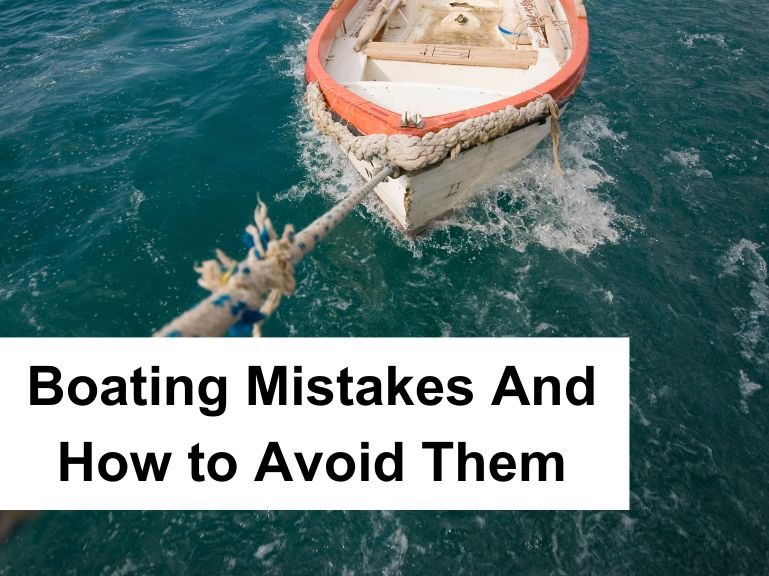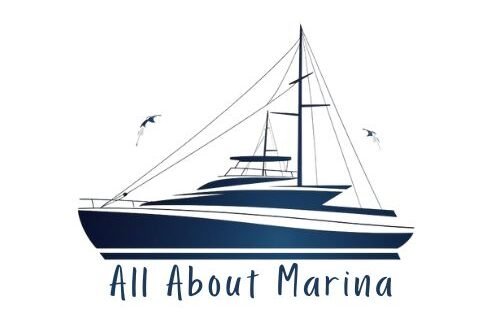Common Boating Mistakes And How to Avoid Them
Boating is more than just a fun way to spend the day. It’s a skill, and like any skill, it requires knowledge and practice. Now, we’ve all had those “oops” moments on the water, but hey, that’s part of learning. The key? Don’t make the same mistake twice. Let’s dive into how you can avoid common blunders and keep your boating adventures smooth sailing.

Key Takeaways
- Always check marine weather before setting sail.
- Understand your boat’s limits to prevent running aground.
- Regular maintenance is your boat’s best friend.
- Master the art of docking to avoid any “crunch” moments.
- Fuel management is crucial; don’t get stranded!
Understanding Boating Basics and Safety
Introduction to Boating Safety Hey, nobody’s perfect, and that includes us boaters. The difference between a good day and a bad day on the water often comes down to preparation and knowledge. Speaking of which, have you checked out these essential tools for safety and maintenance? They’re a game-changer.
Checking the Marine Weather Forecast Picture this: you’re out on the water, and a storm hits. Not fun, right? That’s why checking the marine weather is a must. Those land-based forecasts? They won’t cut it. For more on this, take a peek at marina safety tips.
Navigational Challenges: Running Aground There’s shallow water, and then there’s “Oops, I hit the bottom” water. To avoid the latter, know your waterways and keep an eye on the depth. Slowing down can save your hull and your pride.
Boat Maintenance: Preventing Major Failures Boats are like relationships; they need constant attention. Neglect maintenance and you’re asking for trouble. A little TLC goes a long way. Check out these boating safety emergency procedures.
Docking Dilemmas: Avoiding Collisions with the Dock Ever heard the saying, “Never approach a dock faster than you’re willing to hit it”? Wise words. Docking is an art. Take it slow, practice, and remember: crunch is for cereal, not boats.
Advanced Boating Skills and Mistakes to Avoid
Fuel Management: Preventing Running Out of Gas Ever been stuck in the middle of the water with an empty tank? Not fun. The trick is to plan your fuel needs. Remember, sea conditions and load affect fuel consumption. And don’t trust those fuel gauges blindly. Pro tip: One-third of your fuel for going out, one-third for coming back, and one-third as a reserve. That’s the golden rule.
Loading and Overloading: Ensuring Boat Stability Overloading is a surefire way to capsize. Know your boat’s capacity. It’s not just about the number of people; gear weight counts too. Balance is key. Load heavy items low and in the center. Need more info? Check out these boating regulations and safety standards.
Advanced Navigation: Preventing Getting Lost Lost at sea? Not on our watch. Modern marine electronics and apps are great, but old-school navigation skills are vital. Always be aware of your location and how to get home, electronics or not.
Anchoring Accurately: Avoiding Drift and Drag Anchoring is more than dropping a hook. The right amount of line, the type of seabed, and the weather all play a part. Make sure your anchor is set properly, and you won’t be drifting into trouble.
FAQs
What are common signs of boat overloading?
Watch for low freeboard and sluggish handling. It’s a sign you’re pushing the limits.
How can I improve my docking skills?
Practice, practice, practice. And maybe check out a boating course. Slow and steady wins the race.
What should I do if I run aground?
Stay calm. Assess your situation. Try to reverse slowly if possible. And maybe, just maybe, check your depth finder next time.
And that’s a wrap on avoiding common boating mistakes. Remember, knowledge is power, especially on the water. Stay safe, stay prepared, and enjoy the ride!
